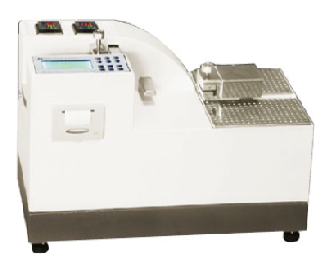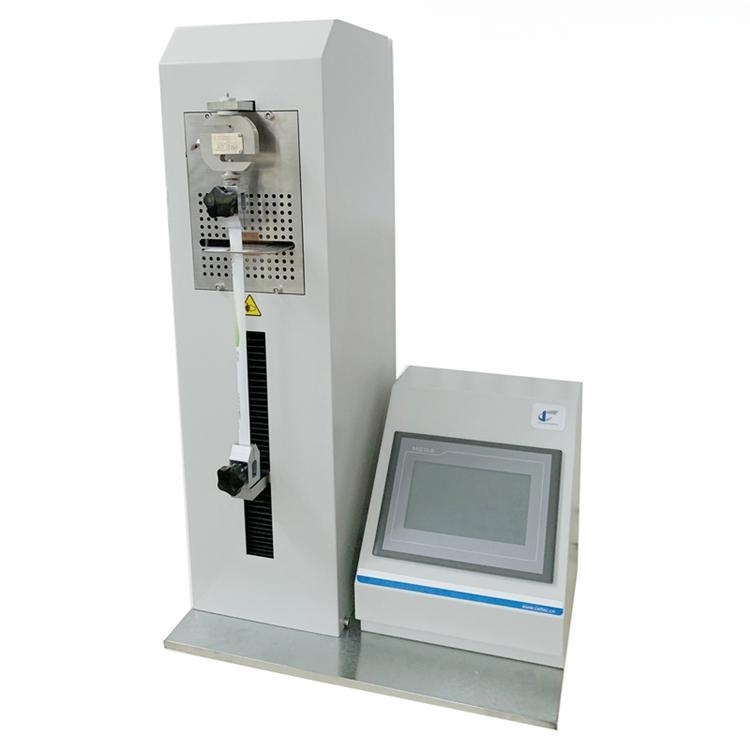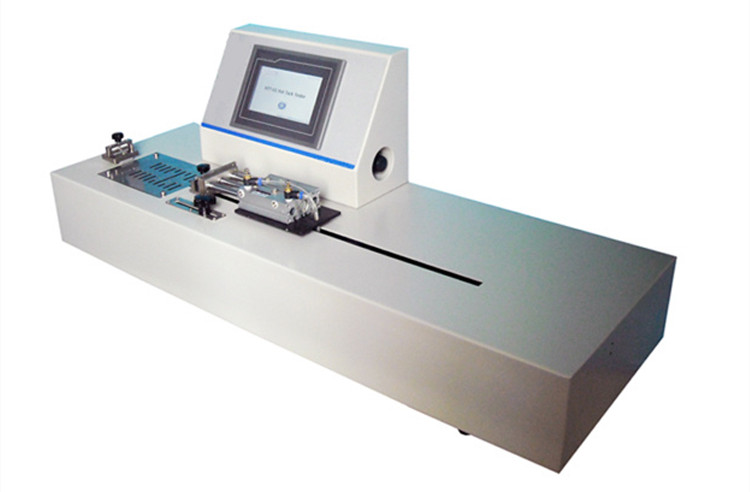Applicable standards:QB/T 2358 (ZBY 28004) : This standard provides detailed technical requirements
WhatsApp : +86 13816217984
Email : info@qinsun-lab.com

Applicable standards:
QB/T 2358 (ZBY 28004) : This standard provides detailed technical requirements and test methods for specific types of thermal viscosity tester.
ASTM F2029: A standard published by the American Society for Materials and Testing (ASTM) specifically for heat seal testing, which includes test requirements for thermal adhesion.
YBB 00122003: May be a standard for pharmaceutical packaging materials in a particular field or country that contains provisions for thermal viscosity testing.
ASTM F1921: Another standard published by the American Society for Materials and Testing, related to the thermal viscosity test of thermoplastic polymers.
ASTM F88: This is a standard for thermal sealing strength testing of barrier flexible packaging materials, and although it is primarily concerned with thermal sealing strength, it may also be related to thermal viscosity testing.
Main parameters:
Heat seal temperature: usually room temperature to 350 ° C (or 250 ° C), used to set the temperature of the heating element to meet the thermal adhesion test needs of different materials. Accuracy is usually between ±0.1 ° C and ±0.7 ° C.
Heat sealing time: The control range of heat sealing time is usually between 0.01 seconds and 99.99 seconds, which can precisely control the heating time to adapt to the thermal bonding process of different materials.
Heat seal pressure: The heat seal pressure is controlled from 0.05MPa to 0.7MPa (or 137.9Kpa to 2758Kpa) and is used to apply the necessary pressure to promote the thermal adhesion of the material.
Heat sealing area: refers to the area of contact between the heating element and the material to be tested, usually with a standard size range, such as 170mm×10mm.
Test force range: The test force range may vary from device to device, but is usually sufficient to cover the thermal bonding strength test needs of common materials. For example, some devices may have a test force range of 0 to 1.2N (or 0 to 4448.2N)。
Sensitivity and accuracy: The sensitivity and accuracy of the equipment are critical to the accuracy of the test results. Sensitivity usually refers to the ability of the device to respond to small changes, while accuracy refers to how close the test result is to the actual value.



免責事項: 上記のコンテンツは,業界内部者のみの参照およびコミュニケーションのためであり,その正確性または完全性を保証しません.関連法規および本ウェブサイトの規制により,関連品を購入するユニットまたは個人は,有効な資格および資格条件を取得する必要があります.
会社電話
+86-21-6420 0566
営業時間
月曜日から金曜日
携帯電話:
13816217984
メール:
info@qinsun-lab.com
